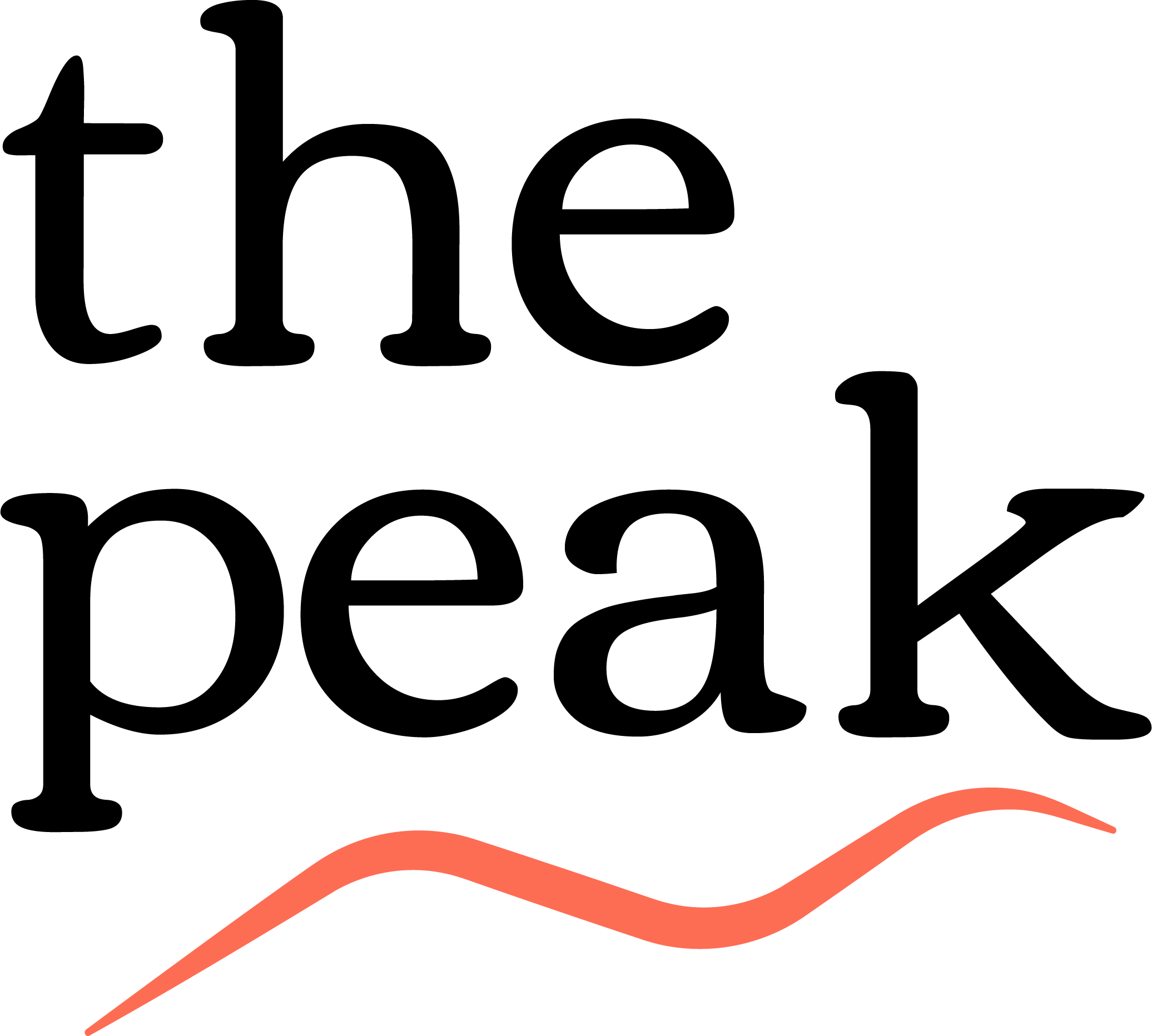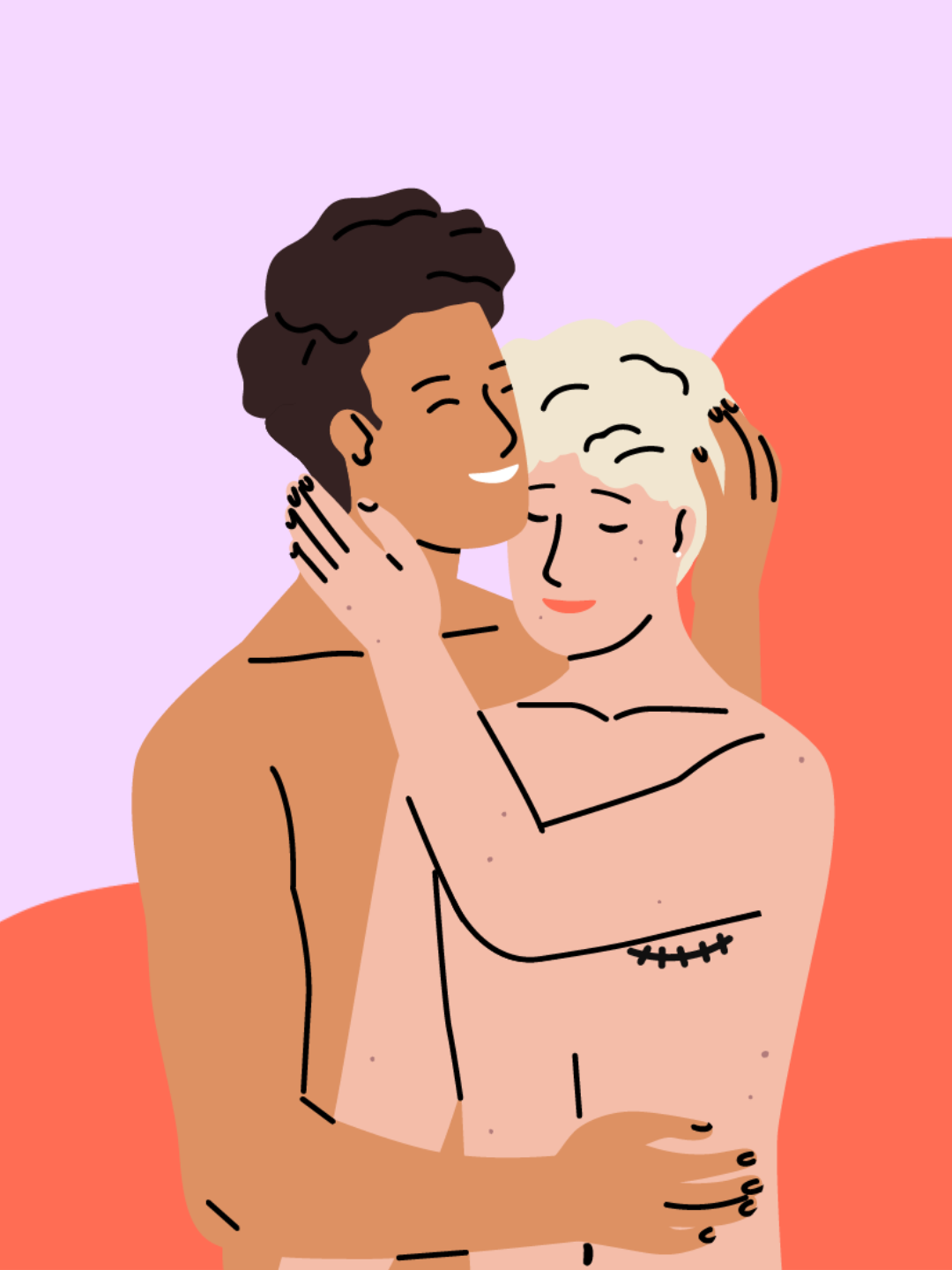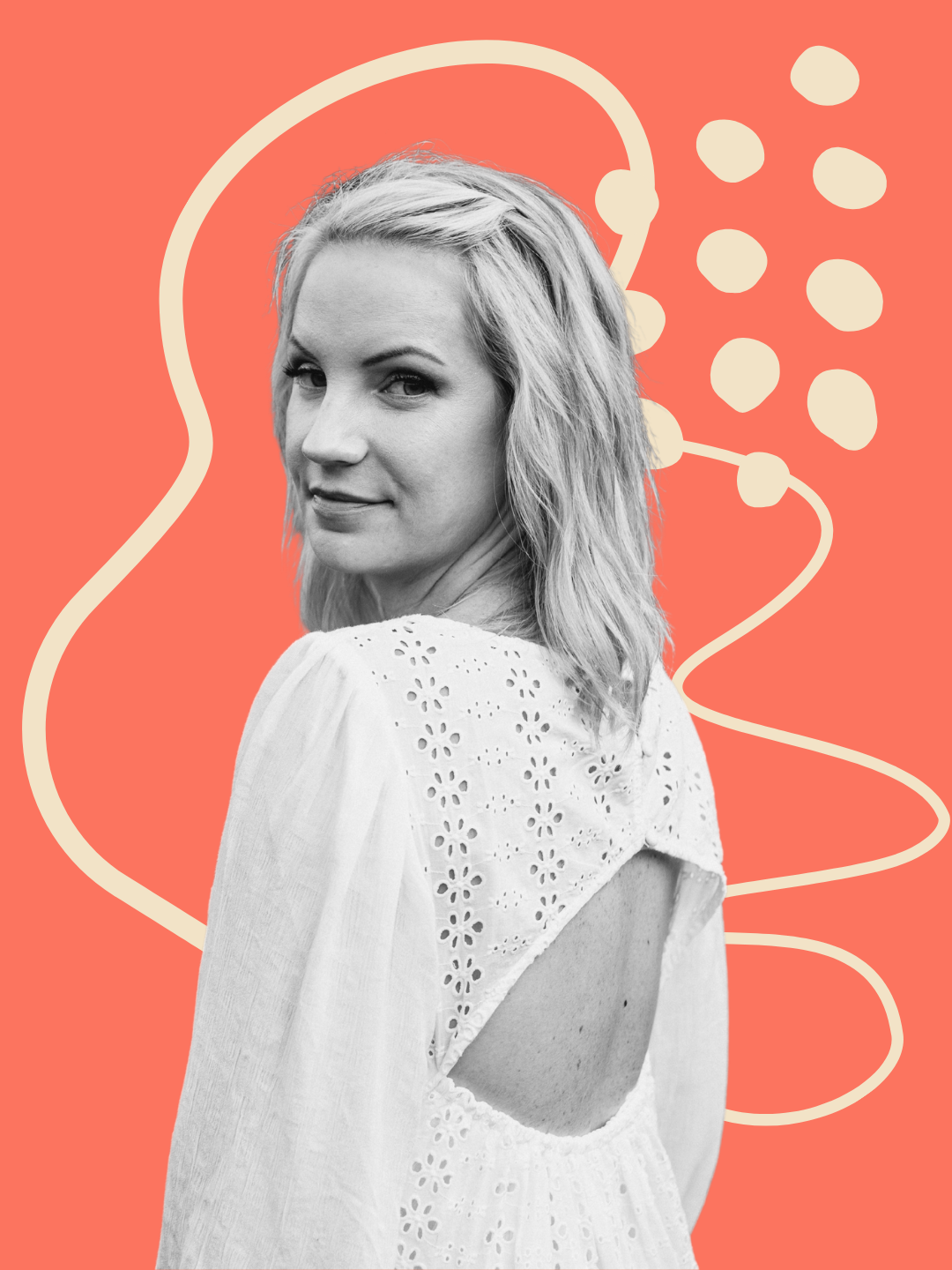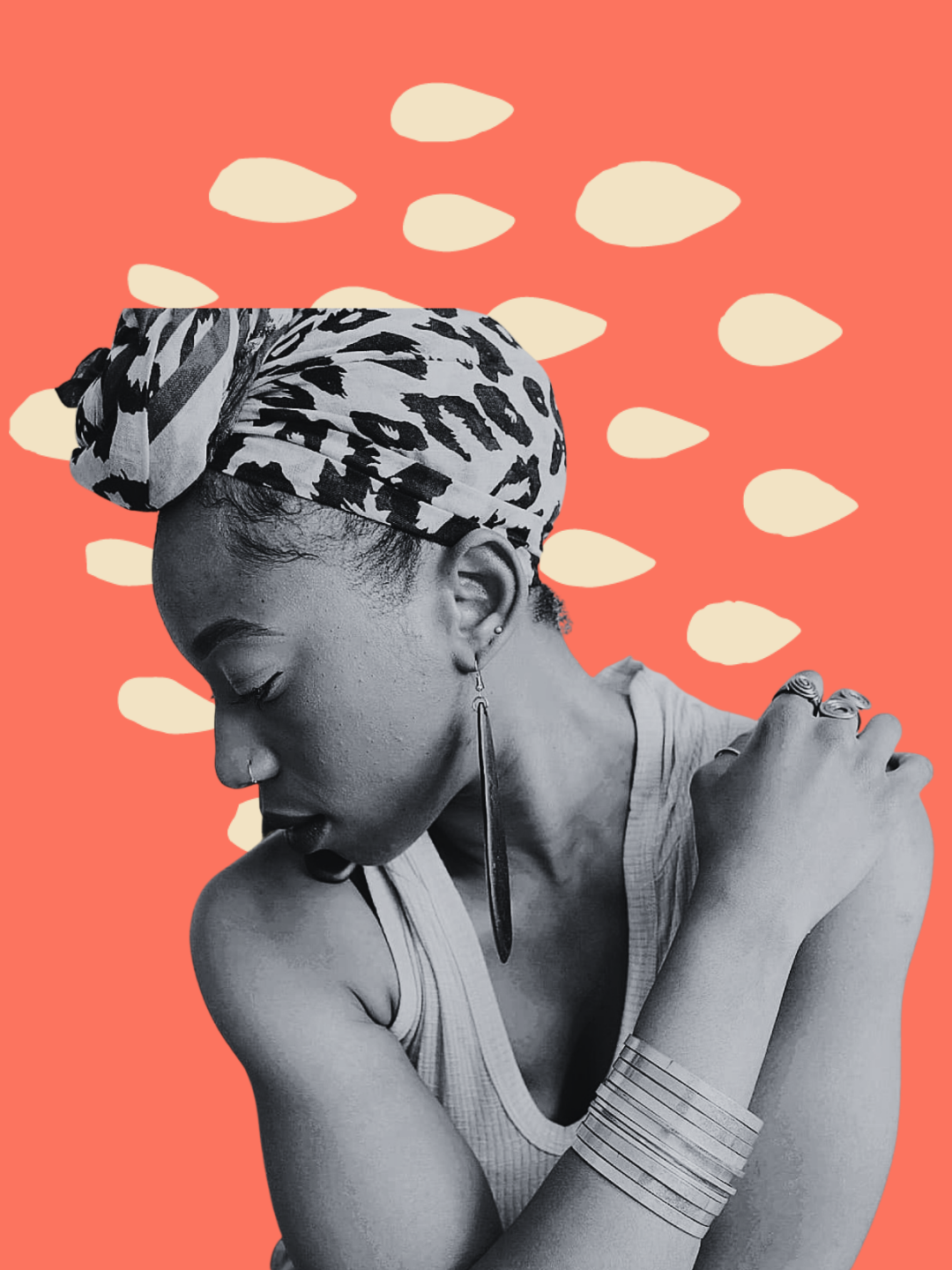When we think about pleasure, we often immediately think about sex. Orgasm. The energy of ecstasy moving through our body and rippling out.
What about when that feels far away? Not accessible? Maybe even impossible? What if you’ve never experienced that? Or you did once before and now you can’t?
Maybe you’ve been through something traumatic that has left you feeling disconnected from your body. Or you deal with chronic illness and/or chronic pain. Or you’re going through treatment and surgery. Or you feel disconnected from your body because it doesn’t feel like a safe place to be.
How do we connect with pleasure then?
We redefine it. We rediscover it. We figure out what it means for us, a unique individual human with our own wants, desires, needs and preferences. We begin to move slowly and gently towards the things that light us up.
And with patience and over time, we reconnect with pleasure on our own terms.
Deconstruct What You Think Pleasure Is and How Culture Defines It
The most important thing we can begin to do is to expand how we think of pleasure and what it actually means.
Our culture places heteronormative, penis in vagina sex as the pinnacle of “pleasure” and the pinnacle of sex in this constructed hierarchy, which is all kinds of problematic. We are taught that orgasms are the end-all be-all of pleasure. It is hard to imagine pleasure outside of such a constricting and boring box.
I invite you to dismantle that narrow and uninspired definition of pleasure with me. Instead, let’s expand and discover our own definition of pleasure.
RELATED: A Breast Cancer Survivor’s Tips on Vaginal Dryness and Getting Your Libido Back
How I Went From Disowning My Body to Redefining Sexuality
I love sex. I love pleasure in the context of sex and sexuality. If the opportunity for orgasms is on the table, I’ll take five please and thank you.
And I’m also a person living with a chronic illness that when flared up can leave me with debilitating pain.
There was a time in my life where having the kind of sex I desired and used to have was impossible for me because all I felt was searing pain in my vulva, vagina, and pelvis. I was crushed. This overlapped with having my double mastectomy surgery. There I was at 25, cutting off my breasts and with a vagina that felt broken. I was devastated. I felt completely shut down, cut off from my body and my sexuality.
All I felt was pain. Physically, emotionally, mentally. If someone had told me to, “reach for pleasure” I would have smacked them. My vagina felt like it had packed a suitcase and taken off to a faraway island.
At the time, nobody my age was talking about painful sex. Or inability to have sex. Nobody around me was saying, “Yeah I’ve been through some serious trauma and I feel cut off from my body and sexually shut down.”
I did not know where to turn so I spent a long time suffering silently, mired in shame.
Wondering why this was happening. Angry and confused. Scared my partner would leave me. It took me a lot of time to get support. Pelvic floor physical therapy was a life saver and I also began exploring holistic sexual practices and ways of gently getting back into my body. I went to therapy. And I began exploring what a new definition of pleasure could be like for me, a person navigating a lot of pain.
Here’s what helped me.
1.Find Ways to Connect to Pleasure Outside of Sex
First, I took sex off the table. I took the pressure off. It was too scary and it felt impossible to reconnect with pleasure in the world of sex. I needed to learn how to relate to pleasure outside of just sex.
And here’s where the magic is: pleasure is not only available to us during sex. Not even close. And when I stopped making pleasure and sex interchangeable things, I started to find pleasure in the tiniest things in my daily life.
I found pleasure in the morning when I would open the blinds and the sun would peak through my window. In listening to a song and letting my body sway, shake, then dance wildly. In laughing really fucking hard with a friend over something completely inappropriate. In drinking a big glass of water out of my favorite cup. In driving with my windows down and letting the wind caress my skin. In the way my loved ones eyes would light up when they looked at me. In the scent of my favorite lotion as I rubbed it over my inflamed, aching body.
I learned that for me, pleasure means two primary things, and they are both quite simple. First, pleasure means connection. Feeling connected with people I care about and with the world around me. I reach for this connection by spending time with people I love deeply and by going out into the world, even if it’s just a short walk or time staring at a beautiful tree.
2. Tune Into the Five Senses
The second primary way I define pleasure is as anything that activates my senses: sight, smell, touch, taste, and sound. When my senses come online, when I pay attention to the way my food tastes or the softness of the blanket on my skin, I’m able to tap into feeling pleasure.
Tuning into my senses helps me to feel more and notice the world around me. Instead of rushing through a moment to get to the next one, I’m present. And in that presence, I notice magic all around me in the simplest of things.
3. Regularly Check in with Yourself
None of this bypasses the very real pain I’ve experienced and still do. On really hard days, I don’t force myself to reach for pleasure in these ways. Instead, I think of pleasure as asking myself: What can I do right now that will make me feel 2 percent less shitty? And then I do that.
These things are simple but that doesn’t make them easy. In a culture that prioritizes productivity and makes us feel bad for resting, reaching for pleasure can feel like an unnecessary indulgence. But it’s not. Reaching for pleasure, cultivating your own definition of it and relationship to it is radical. It’s radical self-care. It’s a way to tune into your own vitality and aliveness. It can buoy us in very low moments. It gets to exist alongside pain and trauma and all the life things.
And of course, it gets to exist as a part of sex and our sexuality. But it’s not the only place it lives. You get to define it for yourself and explore what it could mean for you.
And know that no matter what, I want you to know that you deserve pleasure. And you deserve it on your terms.
Peak Pleasure is a monthly column on all things pleasure by community expert, Alyssa Pressman. Follow Alyssa on Instagram @alyssa.m.pressman.







